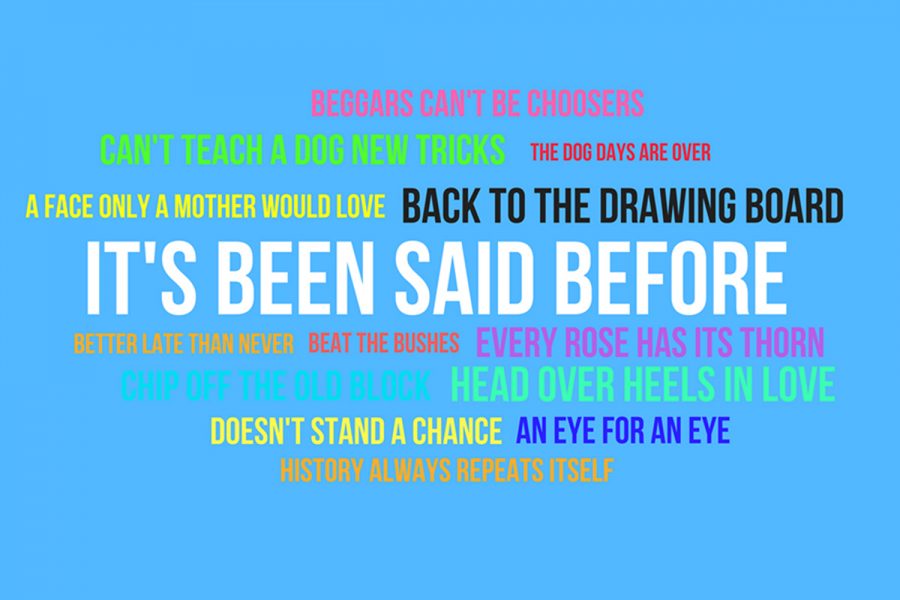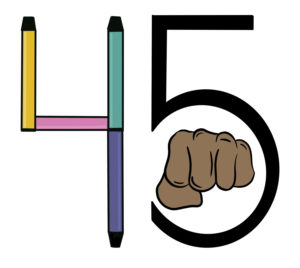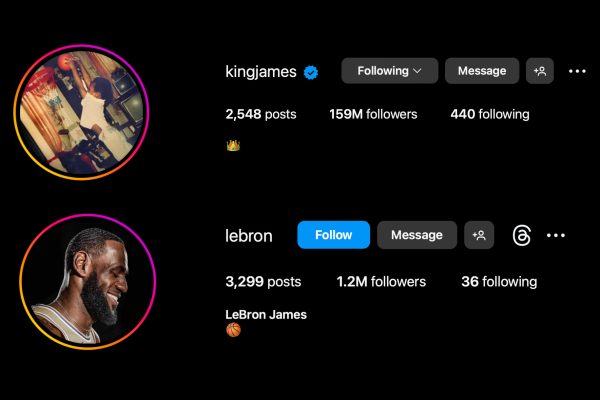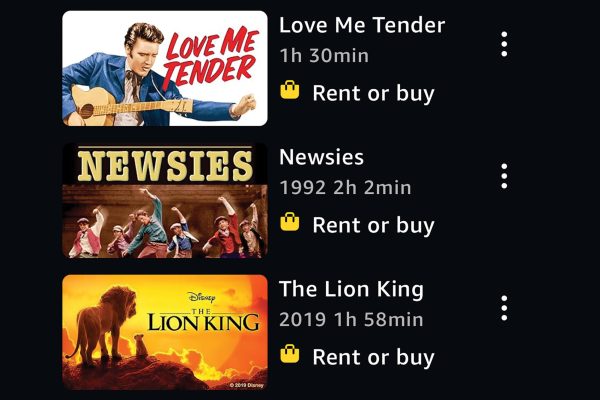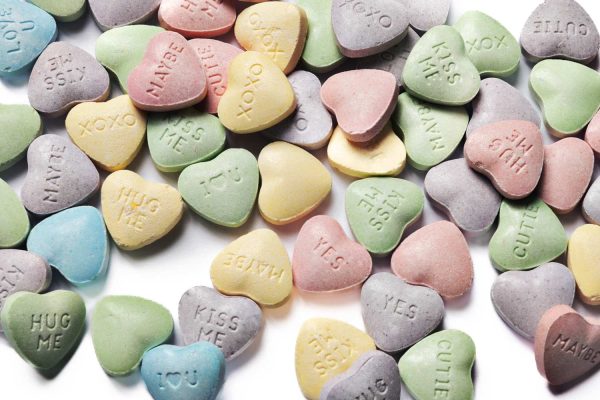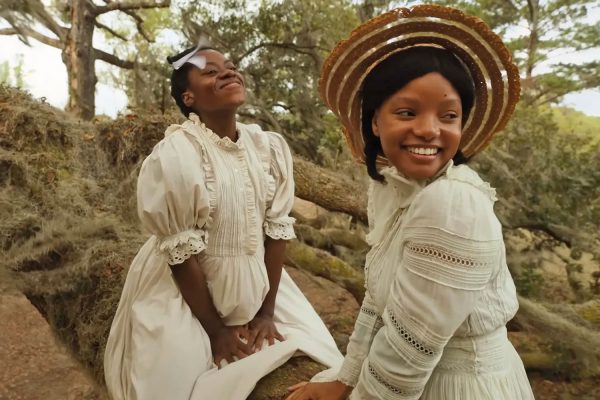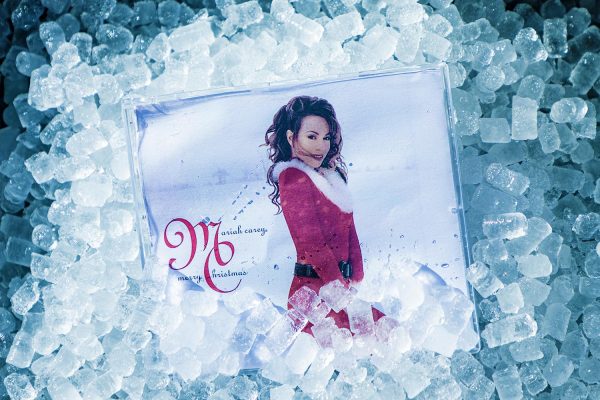Too many tropes
The worst story clichés
July 31, 2018
For hundreds of years, certain tropes in oral, written and recently visual stories have formed. Some started as far back as “Romeo and Juliet” and some are as recent as the movie “Star Wars: The Last Jedi.” On occasion, clichés are not altogether unavoidable and in some cases enhance a story so the audience can understand the flow of the story better. On the other hand, for the rest of the instances, they only show a lack of creativity and damage a story. These are some of those instances.
The evil military officer: Whenever there is a story centered around the struggle between nature and mankind, there is always going to be an overly evil military general. For example, Samuel L. Jackson’s character in “Kong: Skull Island” fits this description perfectly. It’s a weird concept that the military officer of the film has little self control and is, for some reason, evil. If someone has enough discipline and intellect to be an officer, then why would they go crazy so fast when confronted with the forces of nature? It’s an aging idea that is present in movies.
The love triangle has been a staple of love stories despite its unrealistic nature.
— Grey Johnson
Superheroes coming back to life: A commonality amongst the different realms of superheroes is the absence of an actual death. Superman is just one instance. He has died many times but the Man of Steel always returns. Marvel’s Lazarus character is Loki, even though he is not a superhero. Another would be Nick Fury in “Captain America: The Winter Soldier” or Bucky in the same movie. Deaths in stories are powerful, so when a death is undone with the flick of the wrist, it holds less of an emotional value.
Villain Monologues: An idea that Disney can never shake from its stories comes the idea of the antagonist monologuing for so long that the hero has time to escape. It’s seen in many different films, such as “Star Wars: The Last Jedi” when Captain Phasma hesitates to execute the heroes so they end up escaping when the ship is split in two. In “The Avengers,” Loki decides to talk for a while instead of immediately killing Tony Stark. The constant monologues have become so much of a trope that they don’t create tension— they create sighs from the audience.
Love Triangle: The love triangle has been a staple of love stories despite its unrealistic nature. It is unrealistic that you can love two people so equally that you cannot choose. Even if that were the case, the two contenders who are supposed to fight over the one lover would probably not fight. The “Twilight” series seems obsessed with the idea of a love triangle. The triangle is more unrealistic than the existence of vampires and werewolves in those movies. “The Hunger Games” series also has its own triple trouble. How can a good friend and some random baker kid compare? It can’t be that hard Katniss, make up your mind.
Happy Endings: Although happy endings wrap up movies nicely, it’s no surprise that happy endings are overdone. Tension is completely removed from a story if you know that in the end everything will be perfectly fine. “Star Wars: A New Hope” is victim to the happy ending trope because the Death Star is destroyed by some random farm boy. By getting to that happy ending without breaking the logic or reason of the movie, some movies can avoid the cliché. “Star Wars: Return of the Jedi” was able to avoid this by having the second Death Star’s demise brought about by a group of trained rebels, which makes a lot more sense than a farm boy. Happy endings don’t ruin movies, as seen with “Star Wars: A New Hope,” however, they add predictability to a movie which can be quite annoying if not handled right.
Clichés and tropes aren’t detrimental to a story’s success. In fact, some movies are made better by tropes. Disney movies would be less kid-friendly if they stopped including happy endings. The lack of creativity in finding ways to make the cliché acceptable is the real insulting thing here, but that’s something that makes a cliché a cliché. They don’t have to be avoided entirely, just given more thought. Maybe by putting a new spin on the trope or by making them occur over a slow buildup over time rather than immediately. By adopting a new approach to clichés or by using them less, they can redeem themselves and obtain a better standard for the future in storytelling.


